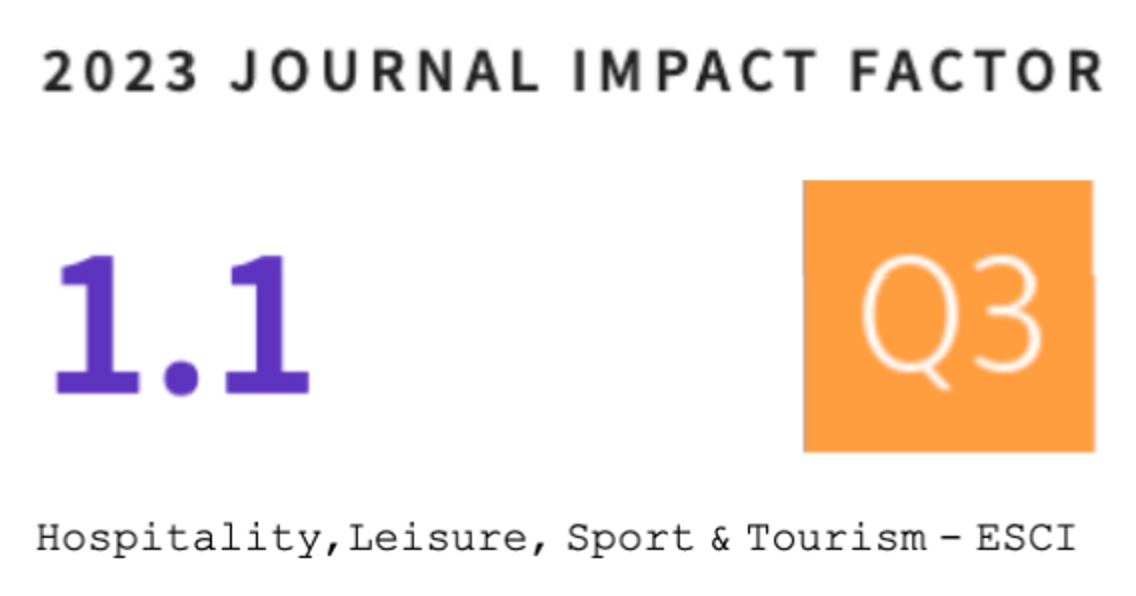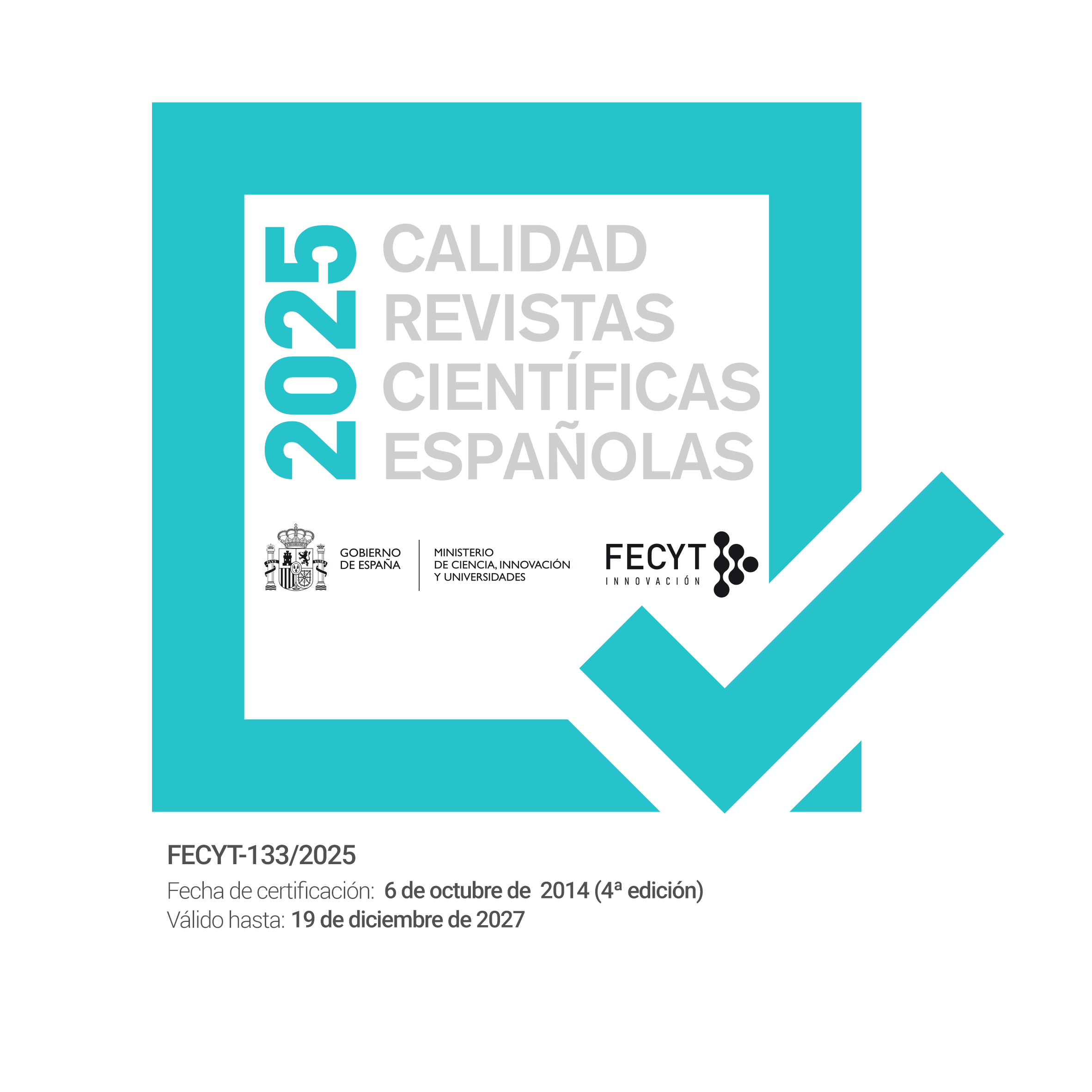The execution velocity as a marker of metabolic health in university students
DOI:
https://doi.org/10.12800/ccd.v18i58.2026Resumen
The aim of this research was to evaluate execution velocity (EV) as a marker of metabolic health in university
students. During the year 2020 and the first semester of 2021, a descriptive and cross-sectional study was carried
out on 57 students (45 men and 12 women) belonging to a higher education institution located in the city of Bogotá,
Colombia. To measure VE, the T-Force System, Ergotech, was used during the development of a direct protocol
to determine the value of one repetition maximum (1RM) in the squat and bench press exercise. To assess
the metabolic profile, a blood sample was taken, which was deposited in the Cardiocheck equipment with which
total cholesterol, triglycerides, high-density lipoproteins (HDL), low-density lipoproteins (LDL), and glucose levels.
Participants who developed a lower average mean propulsive speed in all the series developed, both in the
squat test and in the flat press exercise, presented a higher Metabolic Risk Score compared to those who had a
better performance (p < .001).
Descargas
Publicado
Cómo citar
Número
Sección
Licencia
Derechos de autor 2023 Creative Commons Attribution License

Esta obra está bajo una licencia internacional Creative Commons Atribución-NoComercial-CompartirIgual 4.0.
Los autores que publican en esta revista están de acuerdo con los siguientes términos:- Los autores conservan los derechos de autor y garantizan a la revista el derecho de ser la primera publicación del trabajo al igual que licenciado bajo una Creative Commons Attribution License que permite a otros compartir el trabajo con un reconocimiento de la autoría del trabajo y la publicación inicial en esta revista.















